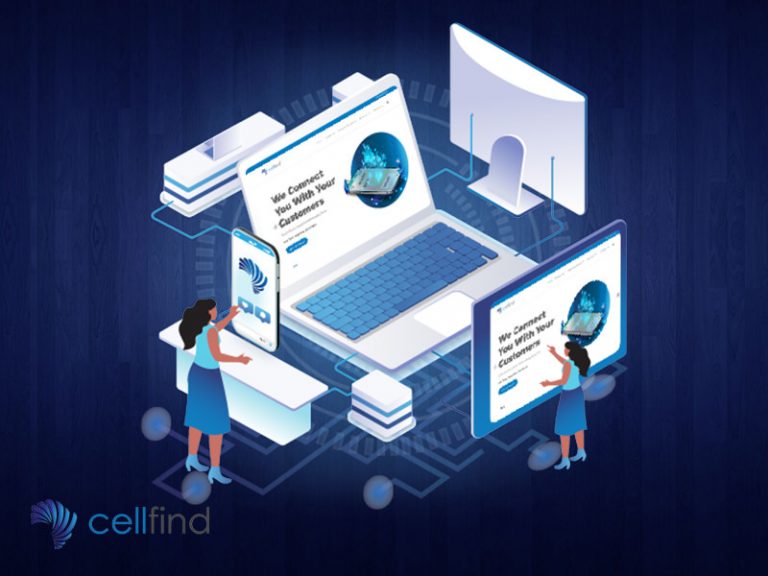In a sentence, the difference between multichannel and omnichannel marketing lies in the way the various channels of marketing are calibrated. We’ll get you into the definitions under the appropriate headings below. However, at this point, all you need to understand is that they both reference effective inbound marketing tools in today’s digital landscape.
If the word, ‘multi’, conveys the thought of ‘more than one’, then ‘omni’ describes ‘without limit’. Yes, we can hear that penny drop! Multichannel marketing is something of the forerunner that enables omnichannel’s brilliance, which makes life easier for your customers
Inbound Marketing Roundup
Before we go any further, a quick review of the goals of inbound marketing means we get to the bones of multichannel and omnichannel marketing, minus the fluff.
Remember that inbound marketing is all about personal targeting; the up-close-and-personal kind of customer engagement so you can supply appropriate content when it counts. To get that right you’d be using CRM (Customer Relationship Management) software that assists your sales force. You’d also have understood that value-adds, great copy, and SEO strategies are essential.
Right, now you’re ready to appreciate the role of multichannel marketing and why omnichannel takes marketing to another level.
What is Multichannel Marketing?
If you are looking to measure and benchmark the efficacy of various marketing channels, then a multichannel approach will deliver that.
The main point to understand is that with multichannel marketing, your customer has to complete their journey on the channel that they started with. So, let’s say your potential customer starts looking on multiple websites for products similar to what you’re offering. You know their history will be tracked, so if they are interrupted, they can start up again and continue where they left off. Additionally, they would also see other recommendations your business offers as well as the ‘commonly bought together’ strategies you have in place to entice customers – All well and good.
But what if someone wanted to continue their search using their mobile device, which some 65% of consumers do? Aha! Let’s dig into the beauty of the omnichannel approach.
What is Omnichannel Marketing?
You can provide your customers with a fully integrated, unified buying and customer service experience across all channels and devices with Omnichannel.
So that you don’t lose that vital 65% mentioned above that omnichannel marketing will bring you, you need to integrate all your channels to provide a seamless customer experience. This is the kind of consistency that builds your reputation and earns you loyalty.
It means you set up a seamless, cohesive, and personalised customer journey across all devices and channels, plus capture all the related data for yourself in one central location. Omnichannel vastly improves both the customer experience and your ability to analyze your data and determine where people are in their lifecycle with your brand.
A robust omnichannel strategy will make you the desirable choice. As you contextually personalize communications and deliver an online experience that connects people wherever they position themselves, you are making customer loyalty a given.
Understand just how much your customer’s journey is enhanced just by all your different contact channels. No matter where the customer began exploring your brand, they can continue with you even when they swap out their devices.
“A robust omnichannel customer engagement retains an average of 89% of their customers, compared to 33% for companies without it. That has to count for something.”
The benefits to your business in ROI and customer loyalty are what endorse omnichannel marketing.
Switching to omnichannel marketing enables you to monitor your customer engagements centrally. Your funneling channels may include your website, your chatbots, email campaigns, social media drives, and your retargeting strategies. But until you synch these altogether, you’re still multichannel marketing.
What is omnichannel marketing in essence then?
Omnichannel marketing is the way to keep yourself ahead of the curve. It’s a no-brainer. This consistency creates familiarity with your operation and reputation, making it easier for customers to convert.
Simply put, the more channels your customers use, the more money they will spend with you.
Providing your customers with an omnichannel marketing experience is like giving them a dedicated service rep, on-call for the duration of their journey with you.
Statistics show that companies with excellent customer service build rapport and establish long-term relationships. Happy customers will refer you to others and over social media. That counts more than paid ads and customer product reviews.
In Summary
The multichannel strategy creates separate messages across many and varied channels, whereas the omnichannel approach creates a seamless customer experience of a unified message across multiple channels.
We know you want to get a handle on this – the sooner the better actually.
If you’d like the ‘know-how’, contact us and we’ll help you create the framework you need that provides your customers with the personalised journey that evokes loyalty and long-lasting business relationships.



1 thought on “What is the Difference between Multichannel and Omnichannel?”